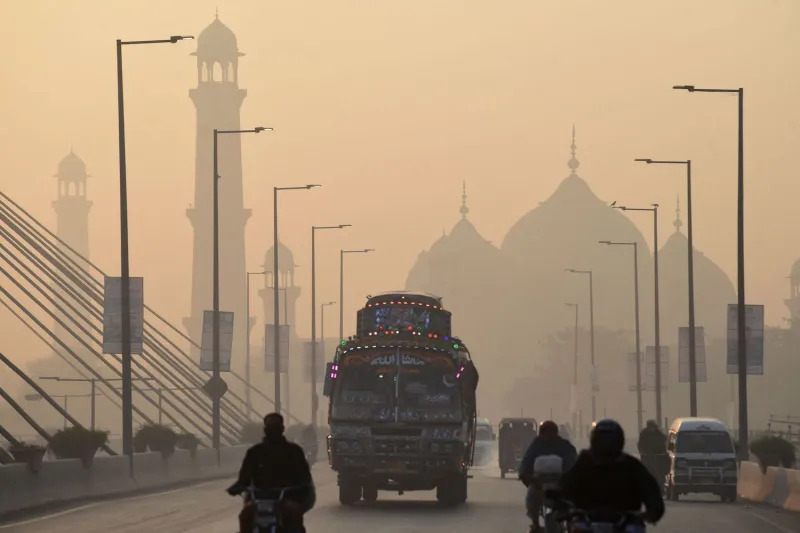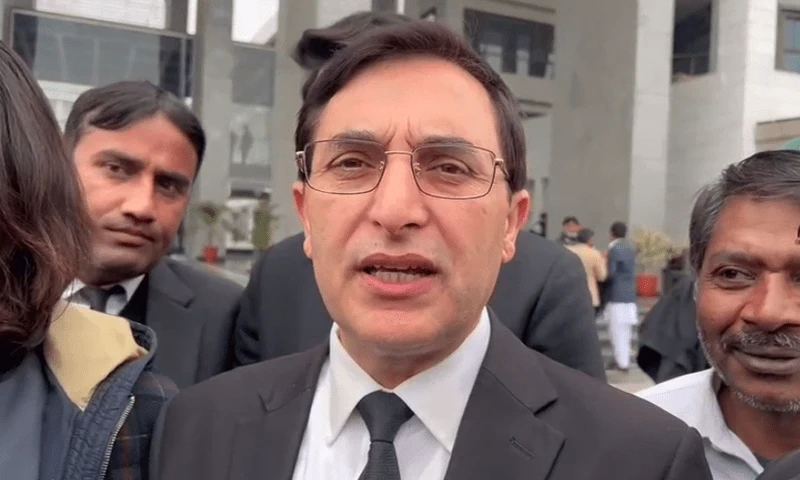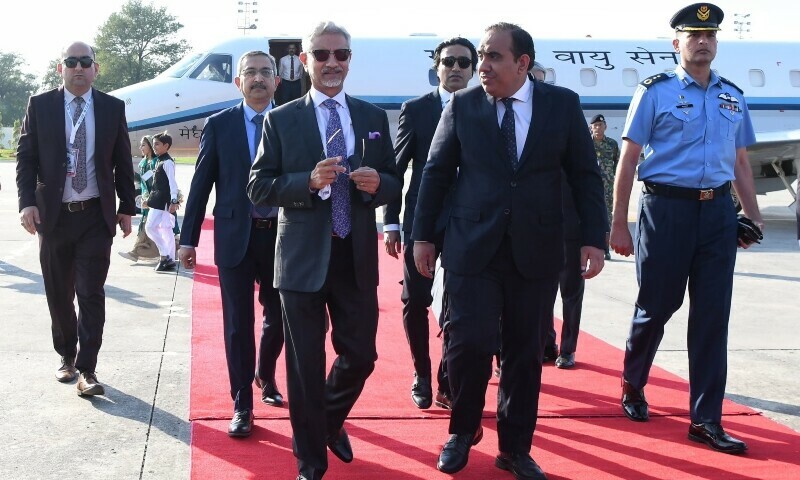Our Polluted Planet: A View from Pakistan and a Cry for Global Change
By [Muhammad Kashif Rana] | Feb 16, 2025
A few months ago, I stood on a rooftop in Lahore, looking out over what should’ve been a clear winter morning. Instead, the entire city was cloaked in a thick, smoky haze—so dense, you could barely make out the skyline. My throat itched, my eyes watered, and I thought: How did we let it get this bad?
Environmental pollution isn’t just a global issue—it’s personal. It’s right here in our homes, on our streets, in our water, and even in the air we breathe. And in Pakistan, it’s turning into a full-blown crisis.
Choking on Our Air
If you live in cities like Lahore, Karachi, or Faisalabad, you’ve probably experienced days where you’re told not to go outside. Not because of rain or political unrest—but because the air is simply too toxic to breathe.
Our vehicles, factories, and even brick kilns are constantly pumping pollutants into the sky. Add in crop burning and weak environmental regulations, and you have one of the worst air quality situations in the world. According to the World Air Quality Index, Lahore regularly tops the list of most polluted cities on Earth.
For millions of Pakistanis—especially children and the elderly—this isn’t just uncomfortable. It’s life-threatening.
Polluted Water, Polluted Lives
Take a walk along the Ravi River, and you’ll see the damage for yourself: murky water, plastic bags floating like jellyfish, and the smell of industrial waste lingering in the air. Many rural communities still rely on these waters to drink, bathe, or irrigate their crops.
In Karachi and other coastal cities, untreated sewage and plastic waste flow directly into the Arabian Sea. The result? Not just ecological damage, but outbreaks of disease and contaminated food chains. It’s alarming, and it’s happening every day.
Our Soil is Sick
In Punjab and Sindh, where farming is the backbone of livelihoods, the land itself is getting tired. Chemical fertilizers and pesticides have boosted production, yes—but at what cost? Our soil is losing its fertility. Microorganisms are disappearing. And harmful residues are making their way into the food we eat.
On top of that, Pakistan produces over 3 million tons of plastic waste each year—most of which is dumped or burned. We’re literally poisoning the land that feeds us.
What About Noise and Light?
We often overlook noise and light pollution, but they’re everywhere—especially in urban Pakistan. Constant honking, construction, and late-night wedding fireworks are not just annoyances. They contribute to stress, sleeplessness, and even heart problems. It’s another reminder that pollution isn’t always visible—but it is always impactful.
Plastic and Waste Pollution
Pakistan generates around 3 million tons of plastic waste annually, much of which ends up in landfills, rivers, and the sea. Plastic pollution is a global emergency, harming wildlife and ecosystems from the Arabian Sea to the Arctic Ocean.
A Country on the Front Lines of Climate Change
Here’s the cruel irony: Pakistan contributes less than 1% to global greenhouse gas emissions, yet we’re one of the countries most affected by climate change.
From deadly floods to scorching heatwaves and melting glaciers in the north, we’re feeling the effects of a warming planet more intensely than many of the major polluters. And we’re not alone—similar stories are playing out in low-income and developing nations across the globe.
So, What Can We Do?
This is where it gets hopeful. Because while the problem is massive, it’s not impossible to tackle. But it does require action—from all of us.
- As citizens, we can reduce plastic use, recycle, conserve water, and demand better public transport.
- As a society, we need to hold polluters accountable—whether they’re factories, cities, or corporations.
- As a country, our leaders must enforce environmental laws, invest in clean energy, and put public health above short-term profits.
- Globally, richer nations need to support vulnerable countries like Pakistan, not just with funds, but with clean technology and fair climate policies.
Environmental pollution isn’t some distant issue in a textbook or on the news. It’s here. It’s in the air we breathe, the water we drink, and the food we eat. It’s making our kids sick and threatening our future.
But there’s still time to change course.
Let’s not wait until we can’t see the sun through the smog or drink water without fear. Let’s act now—with urgency, with heart, and with the belief that a cleaner, healthier Pakistan is possible.
Because this planet isn’t just ours—it’s something we owe to those who come next.
The writer is Film Maker and Engineer by profession and has vast experience and his major is documentaries.



